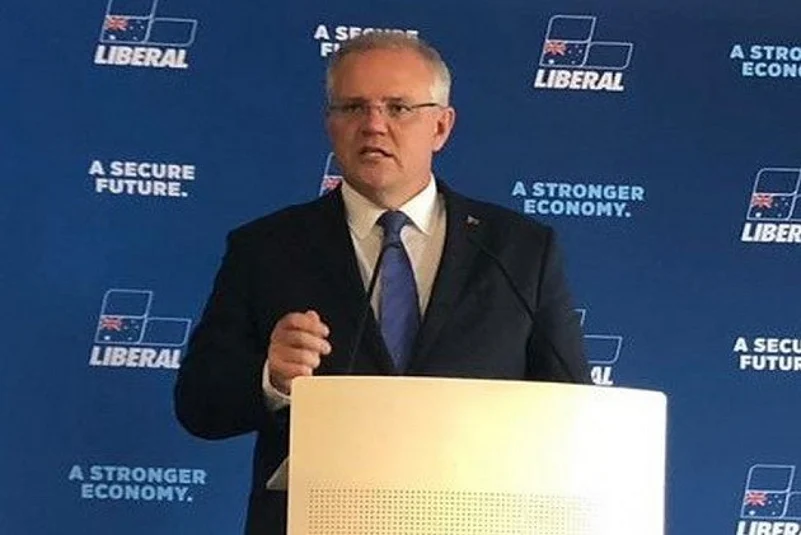Australian Prime Minister Scott Morrison, who is set to visit India in January, on Wednesday said that he would return to the country three culturally significant artefacts bought from a New York-based Indian-origin art dealer.
The artefacts were bought in good faith by the National Gallery of Australia from Subhash Kapoor. Criminal proceedings are underway in India and the United States against Kapoor.
Research by the gallery led to its decision to voluntarily return the artefacts to India.
The artefacts being returned are a pair of 15th century door guardians (dvarapala) from Tamil Nadu and a 6th to 8th century serpent king (nagaraja) from Rajasthan or Madhya Pradesh.
Advertisement
"Like India, we understand the value of our ancient cultures and artefacts," Morrison said in a statement.
"The return of these artefacts is the right thing to do. This is another demonstration of deep relationship between Australia and India," he said.
The statement said the Australian government does not have any role in the proceedings.
During his trip, Morrison is expected to meet Prime Minister Narendra Modi and deliver the inaugural address at the Raisina Dialogue.
"The strong ties Australian and Indian institutions have made in recent years have helped develop important professional relationships and share culture. The return of these artefacts also underscores the world’s debt to India’s magnificent culture, history and legacy," the Minister for Foreign Affairs Marise Payne said.
Advertisement
"Historic artefacts play a significant role in modern society by allowing communities to acknowledge and celebrate their shared history and culture," the Minister for Communications, Cyber Safety and the Arts Paul Fletcher said
"The National Gallery of Australia recognises this and is strongly committed to the ethical collecting of cultural material and best practice collection management," he said.




















